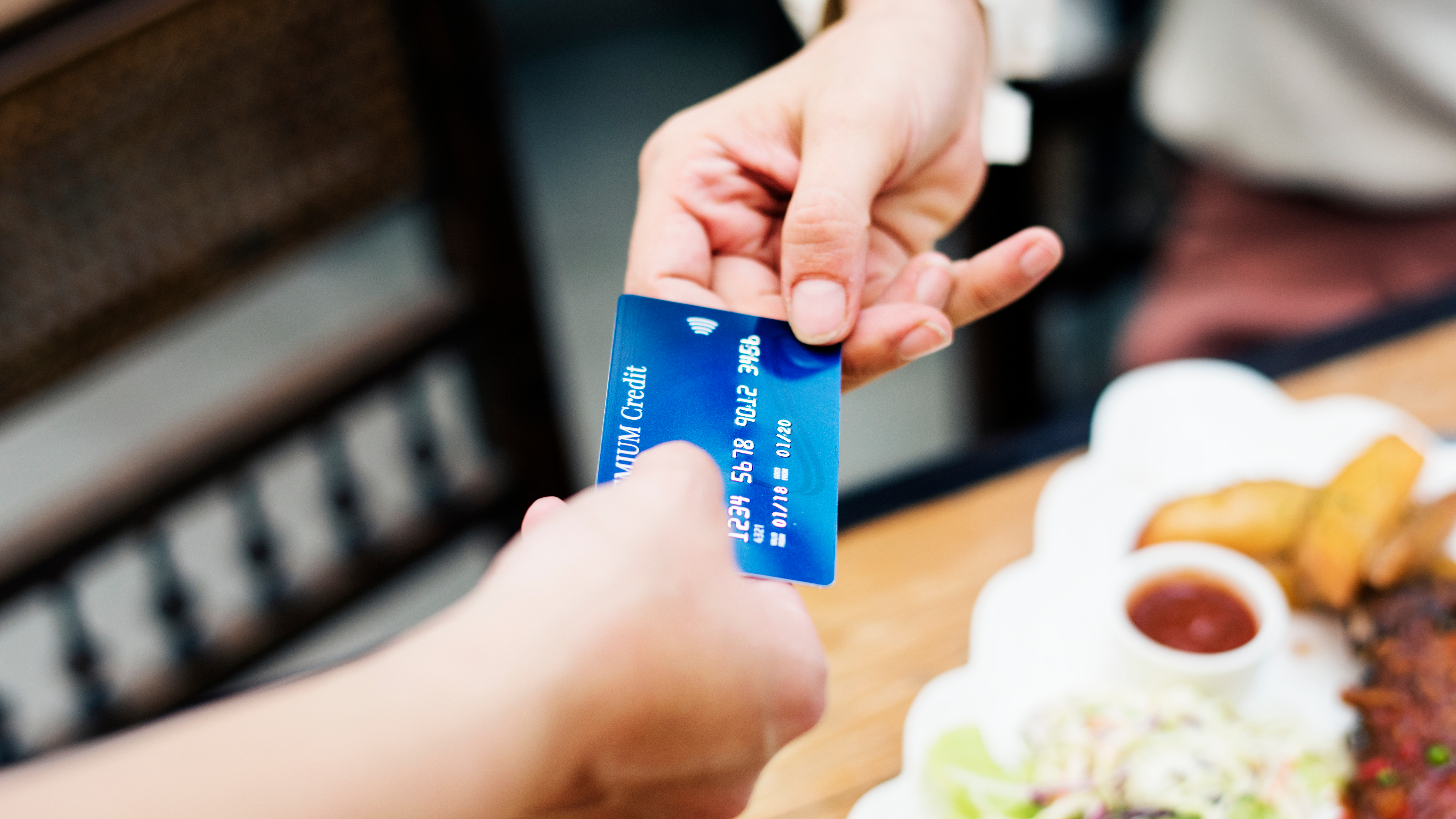Your Cash Is No Good Here: Card-Only Restaurants Create Both Convenience And Obstacles
As far as business transactions go, cash has traditionally been considered a safe bet. Your local establishment may not want to pay AmEx fees, or have a broken card machine, or will not accept your flimsy handwritten check. But legal tender is always acceptable, right? Not anymore. USA Today reports today that more and more restaurants are going "cashless," as incongruous as that may seem.
The story notes that regional salad chains Tender Greens and Sweetgreen and a store in Starbucks' hometown of Seattle are going card-only. Shake Shack also tried the policy at a Manhattan branch. USA Today notes, "While no one has kept a running count of restaurants adopting the cashless policy, interest is clearly rising. A 2016 Federal Reserve study found the number of non-cash payments—including credit and debit cards—totaled 144 billion in 2015, having grown 5.3% annually between 2012 and 2015." Meanwhile, the number of people paying cash for transactions has fallen sharply, from "70% in 2010 to 19% before the change."
There are strong feelings on the cash/card issue. For restaurants, credit transactions are much quicker than cash, which saves time at checkout. They don't have to waste valuable employee hours balancing the cash drawer at the end of the shift, and fear of crime is greatly lessened. But the fact remains that not everybody has a credit card, so the policy "raises questions about whether it discriminates against cardless teens and the poor." Interestingly, affluent millennials, a highly desirable customer group, prefer to pay in cash, according to Bankrate.com. And "more than a third of Americans between the ages of 18 and 37 do not have a credit card." Finance author Lana Swartz tells USA Today, "Most people who use cash are people who don't have access to a bank account and are lower income."
Sure, the cardless can probably find some cash-friendlier places to go to for lunch. For now. Technology usually only moves in one direction: forward. So if cash eventually gets eliminated in favor of cards and online pay, what are those people supposed to do? (Until we're all inserted with lifelong chips to keep track of our checking and savings accounts in the sky, that is.) After all, says Swartz, "One of the cornerstones of American capitalism is everyone's money is equal."
